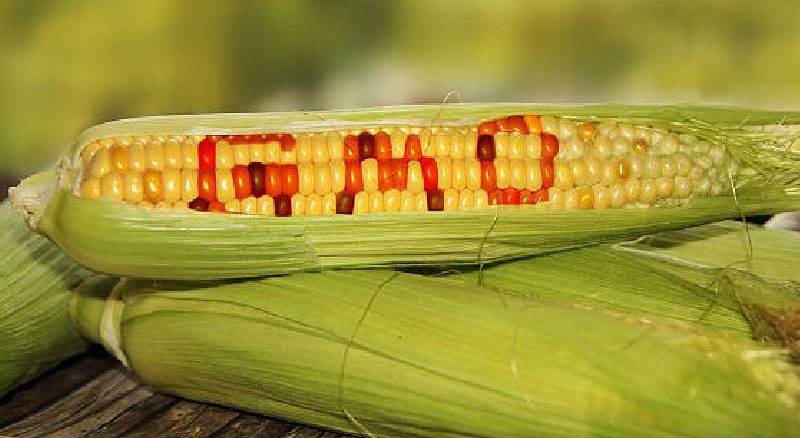The Federal Government of Nigeria has revealed plans to start labelling GMO crops in the country. The move aims to alleviate associated risk in genetically modified crops and also promote safety and transparency.
According to the Federal Ministry of Health and Social Welfare, plans are ongoing to ensure every GMO product undergoes strict vetting and ensures it follows standard regulatory procedure. Aside from the ministry, the National Administration for Food and Drug Agency (NAFDAC) and the National Biotechnology Management Agency (NBMA) will also see to the measures’ implementation.
The ministry assured that every crop product derived from biotechnology initiatives will be subjected to several risk assessments. These include nutritional composition, environmental considerations, and short and long-term health impact towards protecting the public health of Nigerians.

The development comes in the wake of strong reactions to the advent of GMOs in the Nigerian agricultural system. Stakeholders have often raised alarm over the negative impacts of GMOs on the human system and long-term effects on the nation’s food sovereignty and security.
The Director of Programmes at Health of Mother Earth Foundation (HOMEF), Joyce Brown, warned last November that GMOs were not safe. She explained that they involved the “unnatural” transfer of genes, often between unrelated species that mutate into destructive organisms.
She also warned that GMOs are not the solution to Nigeria’s food insecurity, but finding a strategic means to diagnose the origin of the problem.
While there were alternating opinions on the adoption of GMOs in the Nigerian agricultural sector, Kenya made a bold statement. During the same period, the East African country approved the growing of the first set of genetically modified crops following the High Court’s dismissal of consolidated petitions against its adoption.
Read More: Kenyan government approves cultivation and consumption of GMO crops.
However, concerns still surround the safety of GMOs, especially in Africa. There were claims that the initiative might be a move by the Europeans to control Africa’s food security since genetically modified seeds originated from the developers.


As there are no authoritative reports that state GMOs are dangerous for consumption, subjecting them to testing before manufacturing remains a reliable preventive measure. The United States Food and Drug Administration (FDA) mandated that each GM crop must undergo thorough safety assessments to ensure it is safe for human consumption, animal feed, and the environment.
Impact of GMOs on Nigerian food security
Aside from the risks associated and preventive cautions, GM crops have shown signs of reducing food insecurity. The Director-General of the National Biotechnology Development and Research Agency (NABDA), Prof. Abdullahi Mustapha, recently revealed that farmers recorded a 50% yield increase after planting GM maize, also known as TELLA Maize.
He also noted that economic evaluations and field studies on cowpeas have shown that farmers recorded significant returns in cultivating Pod borer-resistant cowpea. Through GM crop adoption, the reduction in insecticide sprays has resulted in substantial yield and strong returns on investment.


Also supporting the adoption of GMOs, the Nigeria Country Director, Open Forum for Biotechnology, Dr Rose Gidado, stressed that GMO has a history of safe use of over three decades in about 45 countries. She added that GM crops were developed from evidence-based research.
“The government cannot give poison to its people. If the story is that when you plant GMOs, it will destroy all the crops around it, then Nigeria should have died of hunger,” she said.
However, she reiterated that if Nigeria does not invest in research and development, it might keep depending on importation. This further places concerns over the management of GM crops in a county short of biotechnology infrastructure. Reasons experts advised the federal government to immediately ban GM crops because the country lacks expertise in Biotechnology management, which would have helped in properly researching the crops.
With its new plan to label GMO products, the government will aim to suppress concerns and assure Nigerians that they are on top of the game.








